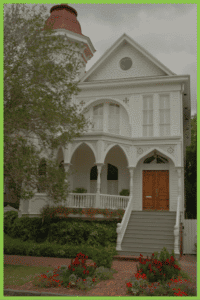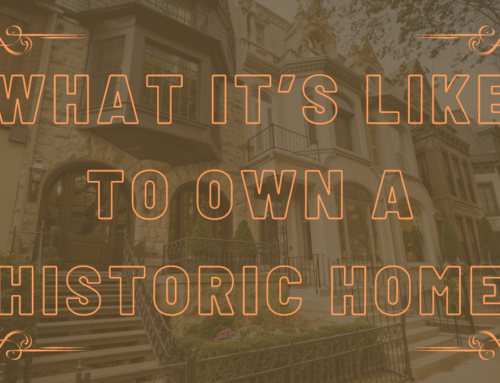Historic Home Ownership
Owning a historic home can be thrilling, especially if it’s located in a historic district. It takes you back to the time when experienced craftsmen took their time to come up with a masterpiece.
If you’re looking for historic homes for sale, you may want to be careful. There are restrictions that could turn your plan to expand or remodel your home into an annoying and expensive experience.
For example, if you intend to install a new roof, you may be required to use specific roofing material or stick to a roofing style. Sometimes this can be so expensive to the equivalent of owning a new home elsewhere.
Historic Home Restrictions
These restrictions aim to preserve the history and charm of designated historic homes. Especially those located in a historic district or listed on the National Register of Historic Places. Oftentimes, these restrictions apply to exterior changes and are supported by:
- Community or historical societies: community societies in these places may place restrictions on what can be done to historic homes.
- County or municipal support: some districts rely on municipal or county support to enforce these restrictions.
Doing your homework first can help you determine whether owning a historic home is worth it or not.
Do you love the flexibility to renovate your home? If so, it may feel intimidating to own one owing to the various restrictions linked to historic homes.
Habitually, you need to get the green light from either the community or local authorities to renovate your house. That sometimes can take time, and it can be frustrating.
Common Rules
While each district may have a set of unique restrictions, some are more commonplace than others.
Below is a description of the common ones, including additional expenses that might impact your ability to own and maintain a historic home in a certified historic district.
Roofing materials
You can’t just install any roofing material you wish on historic homes, no matter how displeased you are with the current roof.
Most districts define what materials can be used and require you to adhere to that. In Alexandria, for example, you are allowed to install wooden shingles, classy slates, or standing seam metal roofing.
Additions
Additions affect the resale value of a house. When it comes to historic homes, that will have an impact on their historical value.
For example, if you plan on moving from the home after some time, an addition will surely deprive the preserved value. As such, you’re likely to find it difficult to add even a bump-out, dormer, mudroom, or sunroom in most historic homes.
If you love adding additions to your home or if it is something you may consider, make sure to find out if it’s possible before moving in.
Windows and shutters
Windows and shutters of a home say a lot about its vintage. Just walk into any historic neighborhood, and you will witness this.
That said, most districts mandate homeowners to stick to some norm when they have to replace them. For example, in Old Town Alexandria and Savannah districts, you must install custom-made, single-pane windows.
Home insurance
Historic homes are classified as high risk because the original architecture and old materials are pricey to restore and build. For that reason, getting full replacement coverage insurance for a historic home may be a bit challenging and pricier than standard coverage. Don’t be surprised if you find yourself struggling to find an insurance company that will get you the full replacement cost.
Painting
Concerning repainting, you will find many homeowners thumbing their noses. There is nothing wrong with that legally, as you don’t need a permit to paint. So don’t be surprised to find some people flouting rules in most districts, especially in Georgia, where they don’t review paint color.
Energy bills
The design of your home-to-be can determine how much energy you will use. Some designs require less energy while others require more.
While that is something you can improve, consider requesting to see its full-year energy bill. That way, you will know whether it is worth buying and if improvements are necessary.
Taxation
As a historic homeowner, you may qualify for reduced property taxes and other available incentives. Always check with your state what you are eligible for before owning a historic home, as that will help you plan.
Note that you may pay the same or higher taxes for your historic home depending on where it is located and if your district levies special taxes.
The bottom line
There are some things to consider before you commit to owning a historic home. It is essential to have finer details about maintenance as well as the various renovation restrictions that exist.
Thankfully, most of the information about historic home restrictions is out there and easily accessible. Just narrow down to the area you wish to own a home and find out what restrictions exist. Alternatively, consult a real estate expert you trust. Most of them have this information at their fingertips.










